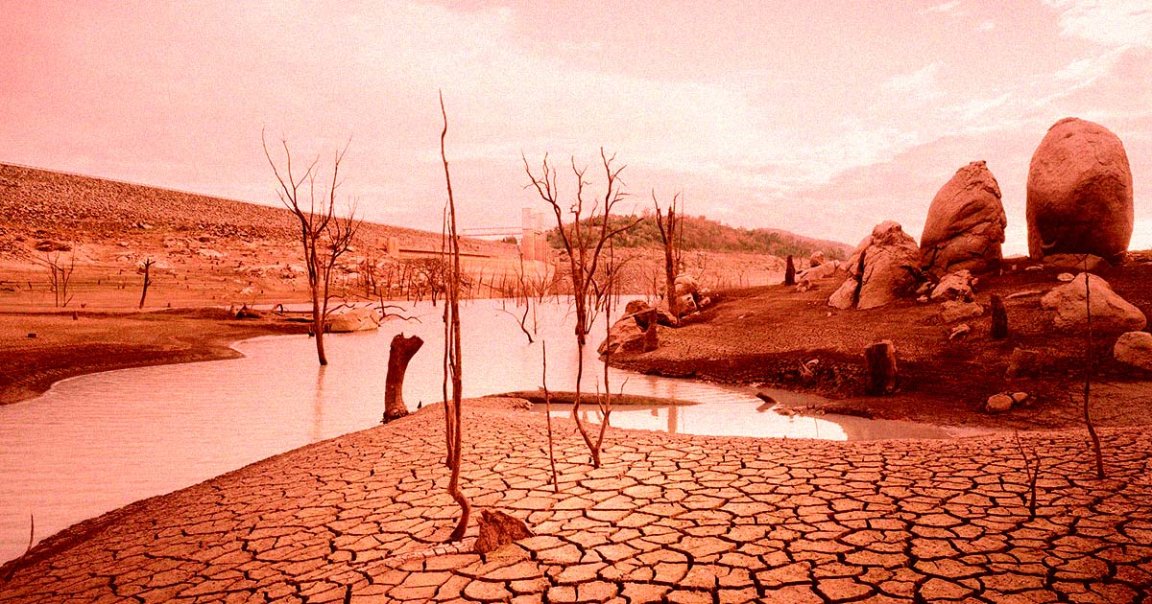
River Runs Through It
The world’s rivers are drying up at rates faster than ever before thanks to climate change — and last year was the driest on record.
In a new report, the World Meteorological Organization (WMO) announced that river levels around the world have continued to plummet over the past five years.
In 2023, more than 50 percent of all river watersheds experienced abnormal conditions, and most were at a deficit. Coinciding with that year being the hottest ever on record and extreme weather causing major floods among other disasters, the WMO says that there’s a clear link between climate change and low river levels.
“Water is the canary in the coal mine of climate change,” WMO secretary-general Celeste Saulo told The Guardian. “We receive distress signals in the form of increasingly extreme rainfall, floods, and droughts which wreak a heavy toll on lives, ecosystems, and economies.”
Rising temperatures have accelerated the planet’s natural hydrological cycle, Saulo noted.
“It has also become more erratic and unpredictable,” she told the newspaper, “and we are facing growing problems of either too much or too little water.”
Pattern Recognition
Adding fuel to the fire, so to speak, is the natural change of weather patterns from La Niña to El Niño, two opposing climate patterns that are typified by sea surface temperatures in the Pacific warming up, leading to greater rain in some parts of the world, droughts in others, and warmer winters in typically cold climates.
Though these cycles have been recorded for centuries, scientists say that climate change is exacerbating them — and making it harder for meteorologists to predict them.
As the report notes, the Amazon river basin’s water levels reached their lowest level since 1902 last year, and the shift from La Niña in late 2022 and early 2023 to El Niño later that year “appears to have been a key climatic driver in this record-breaking dry and warm situation, combined with a widespread anomalous warming over the worldwide ocean.”
Though the WMO report’s data ends in 2023, it feels particularly prescient to read about erratic river conditions from this side of Hurricane Helene, which has killed at least 227 people and washed away parts of roadways and entire towns.
In short, the latest report paints a disconcerting portrait of what may happen to riversheds around the world if climate change continues unabated.
More on rivers: Scientists Alarmed as Rivers in Alaska Turn Bright Orange